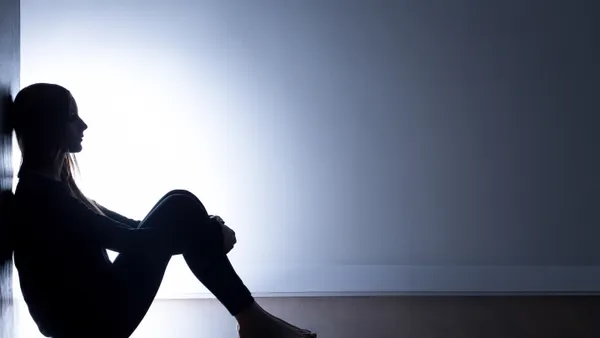Dive Brief:
- New York City business owners said the city's recent implementation of a $15 an hour minimum wage for employers with at least 11 employees is forcing them to cut staff, eliminate work shifts and raise prices, The Wall Street Journal reported. The $15-an-hour wage hike became effective Dec. 31, 2018.
- Sarah McNally, owner of McNally Jackson Books, told the Journal that while she has paid her workers $5 above minimum wage, but now feels as though their wages are at the bottom of the city's "pay spectrum." John Bonizio, owner of Metro Optics Eyewear, told the Journal that he was not opposed to the minimum wage-increase because it put money into the pockets of customers. "But, what you have to stop doing, is picking the pockets of small businesses," Bonizio said. Anthony Advincula, spokesman for Restaurant Opportunities Centers United, a non-profit that advocated for the increase, said in the report that business owners shouldn't blame the wage hike for their struggles, because other factors are likely the cause. "This is not just a business issue, this is a race, gender, pay-equality issue," Advincula told the Journal.
- Citing New York State Department of Labor statistics, the Journal said the city's unemployment rate was 4.3% in June, while New York state had a rate of 4% during the same period. Both measurements have remained "relatively steady" over this past year, the Journal said. New York City has raised its minimum wage for employers with more than 11 employees three times in the past three years: the hourly rate rose to $11 in 2016, $13 in 2018 and to the current rate this year.
Dive Insight:
As calls for minimum wage increase from both legislators and activists grow, experts debate whether such proposals would help or hurt hourly wage earners.
In 2018, The Washington Post reported on research that found minimum-wage increases tend to have a negative impact on jobs that currently pay below new, higher hourly rates. But the same increases tended to result in the addition of jobs that paid above the new rate, the report added.
A recent study from the Congressional Budget Office (CBO) found that raising the federal minimum wage to $15 an hour by 2025 could increase pay for about 27 million U.S. workers, but could also leave 1.3 million workers jobless. The CBO's calculation was based on a proposal for a minimum wage hike that would occur in six annual installments starting Jan. 1, 2020, and that would be tied to median hourly wages after reaching $15 an hour in 2025. Researchers concluded a "two-thirds chance" of a net change in employment between zero and a reduction of 3.7 million workers under such a proposal.
The U.S. House of Representatives passed last month a bill that would raise the federal hourly minimum wage to $15 by 2025, but the bill has yet to be taken up for vote by the U.S. Senate, where it faces likely opposition from a Republican majority.









